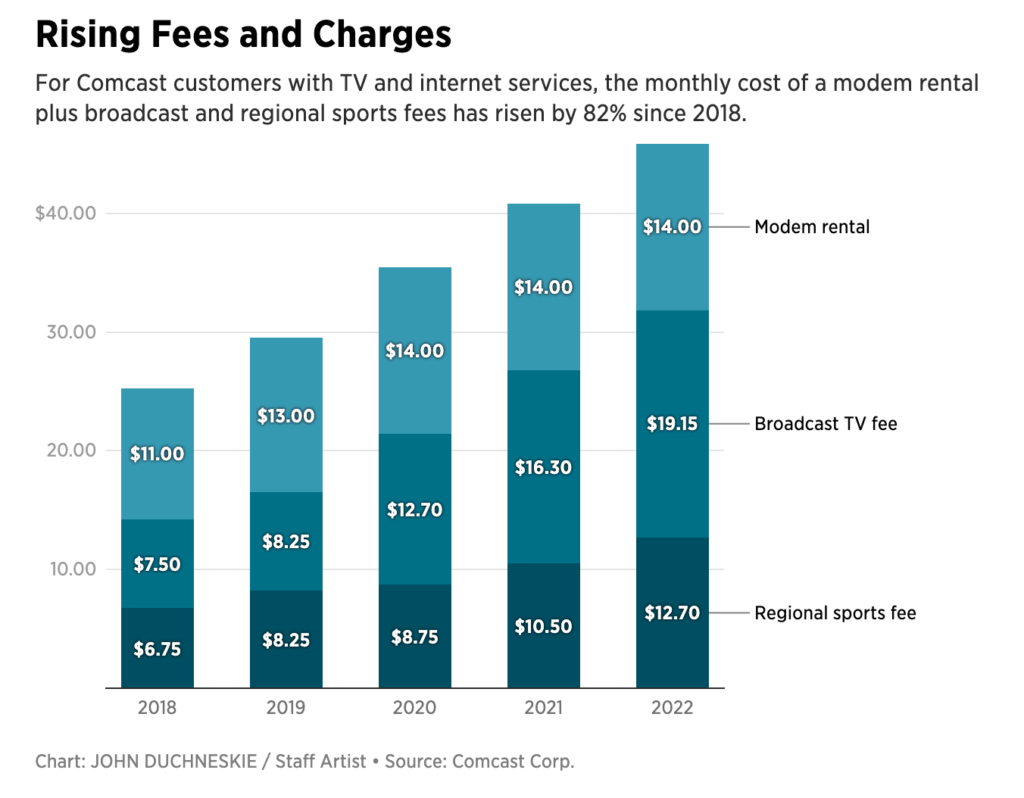Navigating the Complex Terrain of Compliance Standards for Cyber Security in Multi-Unit Units to Guarantee Occupant Safety and Information Protection
Wiki Article
Within today's society, numerous people live in multi-unit buildings, such as apartment buildings and condo communities. These places frequently share common networks for internet and other services. While this setup can be beneficial, it also raises significant concerns about network safety and regulatory standards. Guaranteeing the security of residents and protecting their data is crucial. This piece will explore the complex landscape of compliance guidelines for network safety in multi-unit units, focusing on how these standards assist maintain residents secure and protected.
A of the primary regulatory standards that pertain to system security is the EU Data Privacy Act (GDPR). This regulation is designed to safeguard personal data and confidentiality for individuals inside the EU Union. While it primarily applies to companies functioning in Europe, its principles can affect procedures in different areas as well. For multi-unit units, adhering to GDPR requires implementing robust information protection protocols. This entails ensuring that tenants' individual data is collected, kept, and processed safely. By following these standards, building managers can help build trust with tenants and ensure their information is safe from unauthorized intrusion.

A further significant guideline is the Healthcare Coverage Flexibility and Accountability Law (HIPAA), which safeguards sensitive patient data in the medical industry. In multi-unit buildings, particularly those that offer medical services or have residents with particular health needs, compliance with HIPAA is crucial. This means that any health-related information collected from tenants must be maintained private and protected. Property managers must make sure that their system infrastructures are configured to avoid information breaches and unauthorized intrusion. By doing so, they not only adhere with regulatory obligations but also promote a safe living environment for all tenants.
Alongside GDPR and HIPAA, the Payment Payment Industry Information Protection Guidelines (PCI DSS) is another critical compliance guideline. This guideline is especially relevant for multi-dwelling units that process debit card payments for rent or amenities. PCI DSS specifies security protocols that must be implemented to protect cardholder data. This entails encrypting confidential information and regularly reviewing system safety. By following PCI DSS guidelines, property managers can reduce the threat of information leaks and safeguard tenants' financial information, which is vital for upholding their confidence and safety.
Finally, it is crucial for multi-unit buildings to remain informed on regional and federal regulations regarding network security. Regulations and guidelines can evolve, and remaining aware is essential for adherence. Building administrators should regularly review their safety policies and practices to ensure they meet up-to-date standards. This proactive strategy not only assists in maintaining compliance but also enhances the general safety of the network. By prioritizing tenant security and data protection, multi-dwelling units can create a secure living space that fosters confidence and peace of mind among residents.
To summarize, navigating the complex landscape of compliance standards for network security in multi-dwelling units is essential for ensuring resident safety and information safeguarding. By comprehending and applying guidelines like GDPR, HIPAA, and PCI DSS, visit the site building administrators can establish a safe space for their tenants. Remaining updated about local laws and regularly reviewing security practices further enhances this commitment to safety. In the end, a robust emphasis on adherence not only safeguards tenants but also fosters a feeling of belonging and confidence within multi-dwelling units.